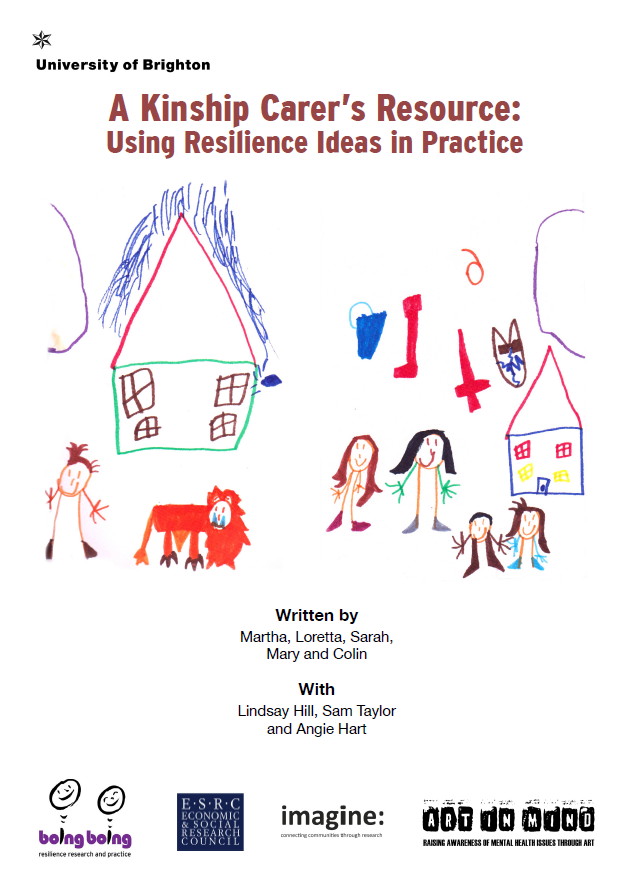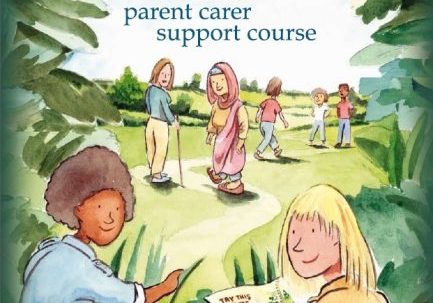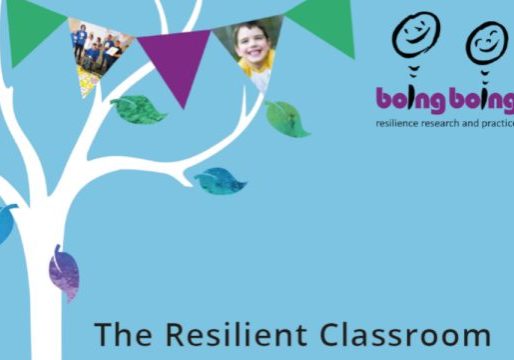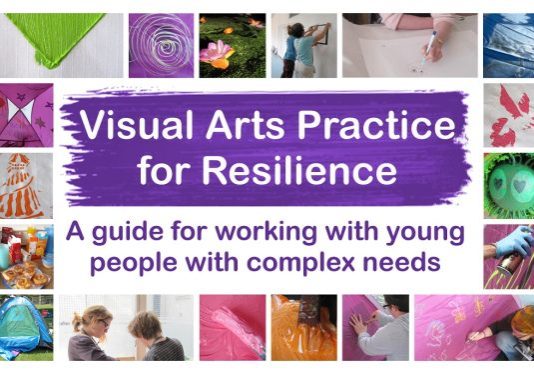A Kinship Carers’ Resource: Using Resilience Ideas in Practice – Martha, Loretta, Sarah, Mary and Colin, With Lindsay Hill, Sam Taylor and Angie Hart
Becoming a kinship carer can be a hard job. It may well be harder than anything that you have ever done before. Kinship carers care for grandchildren, nieces, nephews or children who are friends of their family. Due to difficult circumstances and social services involvement they have taken on the caring role of children who cannot be looked after by their birth parents.
While there are a number of kinship carers who do not have any involvement with children’s services, this book is written specifically for kinship carers who are looking after children who have been removed from the care of their birth parents following the intervention of social workers. It is written by kinship carers who have themselves experienced the process of becoming the main carer and taking on a parental role. It is designed to give other kinship carers information about the challenges that they have experienced and how they have dealt with them.
This resource does not give step-by-step advice on what to do in particular situations. Rather, it makes suggestions about how you can use the Resilience Framework to help you decide what to do in day-to-day situations. By giving examples of what the kinship carers in the research group have experienced, we hope that you will be able to think about how you might use these ideas yourself.
Why we wrote the book: “We wanted other carers in the same situation as us to have something they can turn to when need arises. When we became carers we did not know what it would involve and we had no information we could turn to when we needed. We had nothing to fall back on. Since getting involved in the resilience research we have realized how helpful it would have been to us if there had been some written material to read in regard to our situation. That strongly inspired us to share what we had achieved through the resilience research work so that other carers might benefit. I believe we are all coming out of it as better carers.”
What we hope others will get out of it: “We believe that other people doing kinship care will learn that there are other people out there going through the same things as them. This will help them feel less isolated. Through the experiences we have shared in the book, they will be able to identify with most of those experiences and look at the way other people have successfully dealt with those challenges. They will also see that though they are already doing well in most areas, the resilience frame work can give them more ideas and help better their parenting skills. We wanted our children to see the commitment and know that we are there for life, we also want other children who will go through the same situation to know that it can be better. All is not lost and there is hope. Social workers who read this guide will be able to see and hear the kinship carers’ own stories and learn the challenges that we go through. This will help give them a better understanding of the situation especially before and during the assessment. They will see that a kinship carer puts themselves forward as part of the solution and not part of the problem.”
About Brighton Kinship Carers’ Research Group: Brighton Kinship Carers, part of a larger peer support group of kinship carers, meet once a month for peer support sessions. The large group meets to support each other to talk about their experiences and give each other resilient tips and advice. The research group was supported and facilitated by Lindsay Hill, a senior lecturer at Brighton University, and Melanie Rowland, a family support worker in a family and friends team. The research enabled the group to learn about the Resilience Framework and apply some of the techniques to help them in their role of being a kinship carer. Sam Taylor, a young person’s counselor and play therapist, used the research findings to develop and write this guide with them, together with support from Angie Hart.
Download your Kinship Carers’ Resource now!



